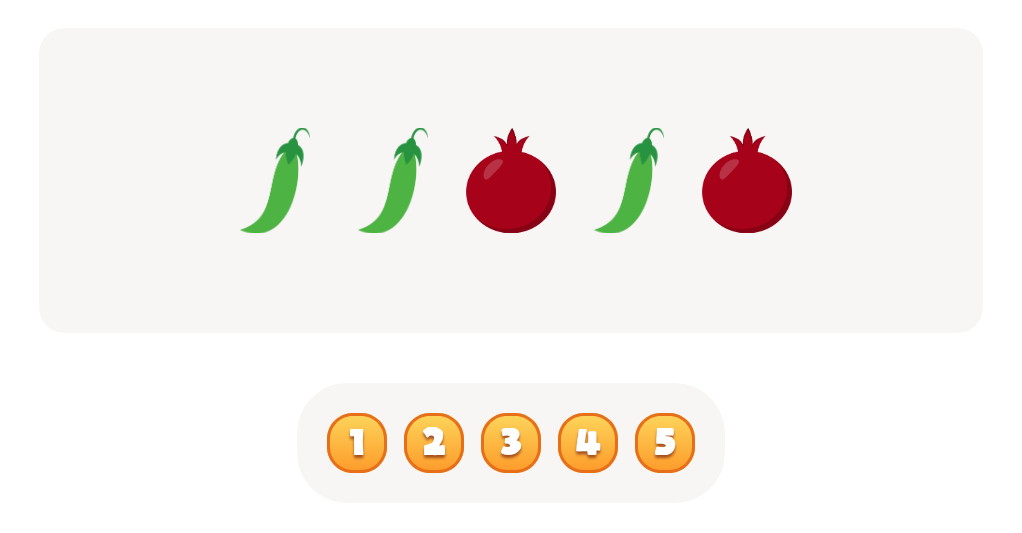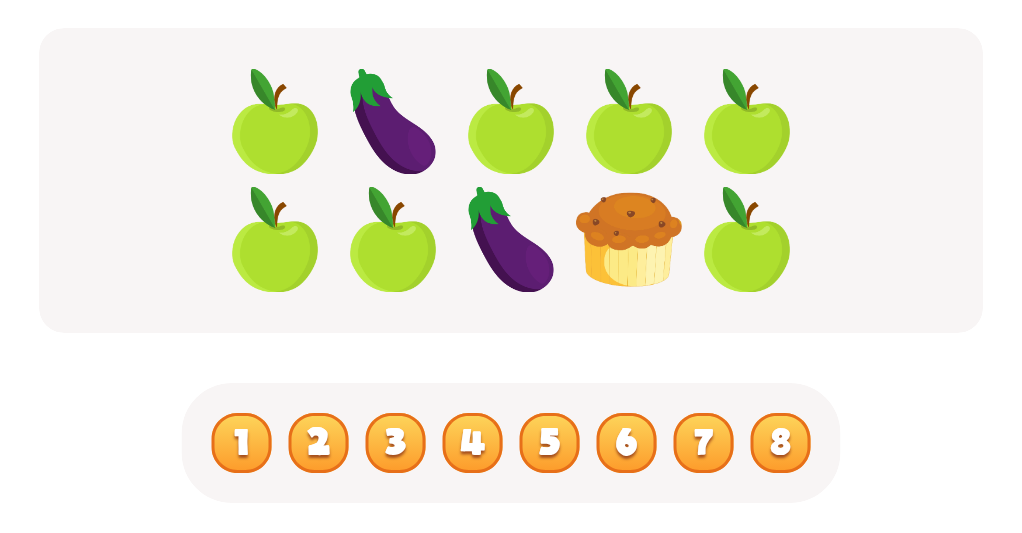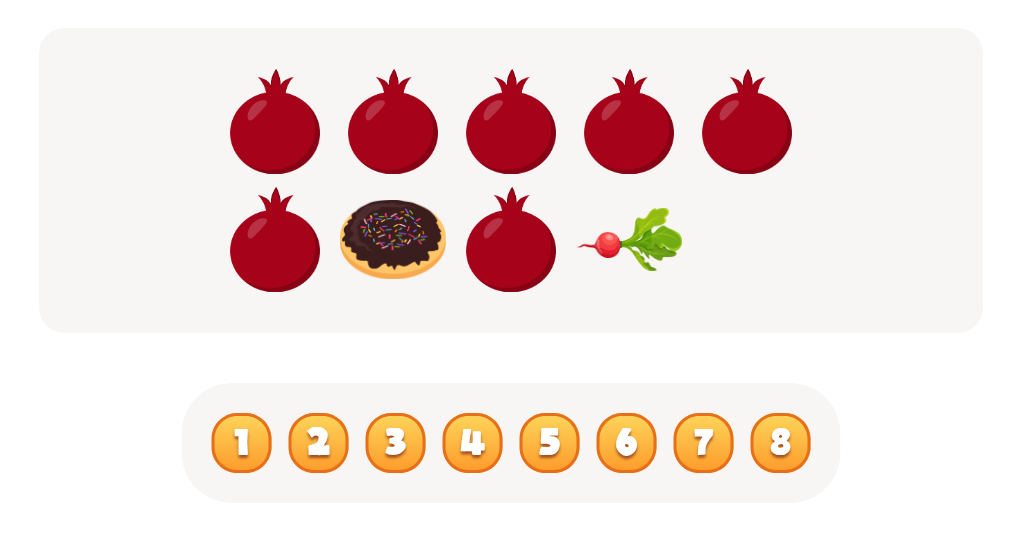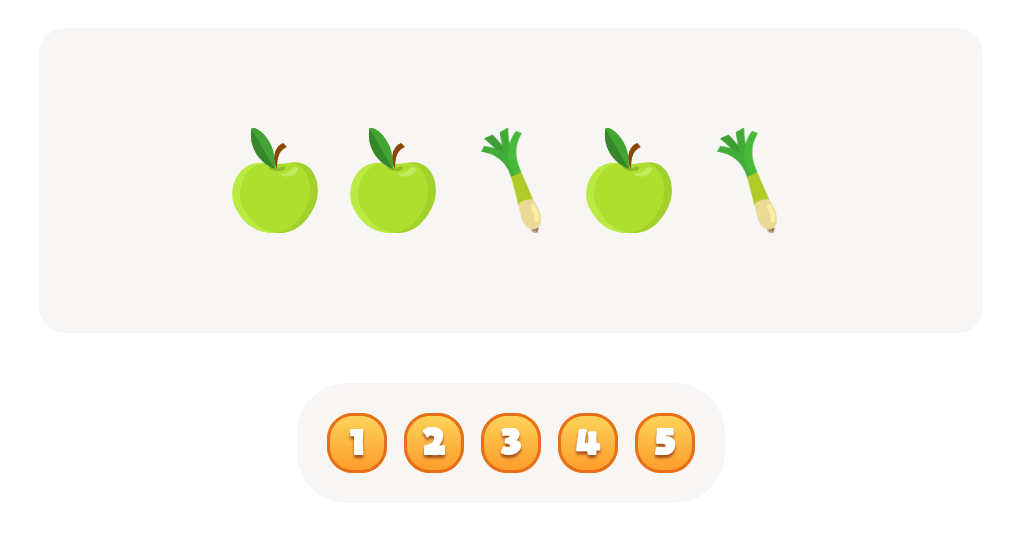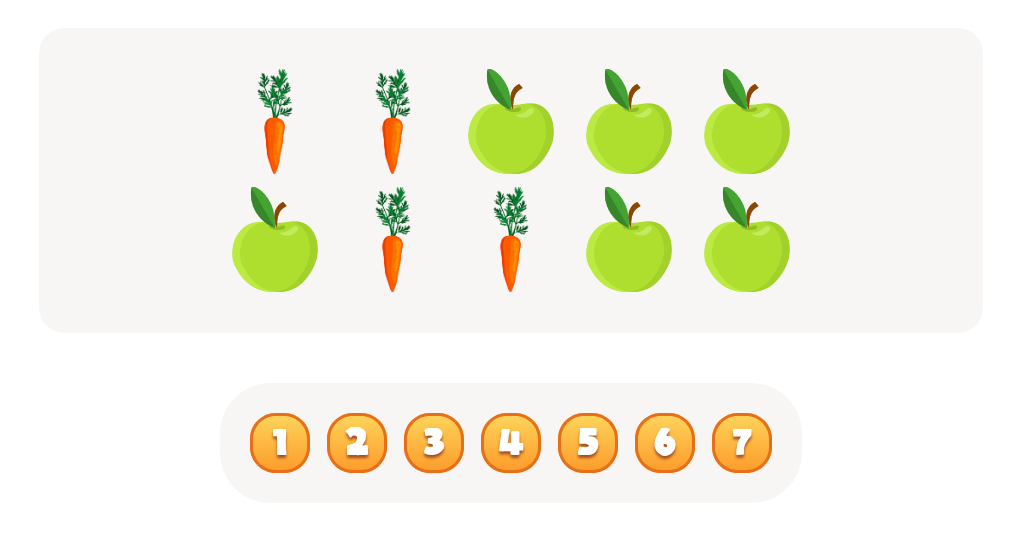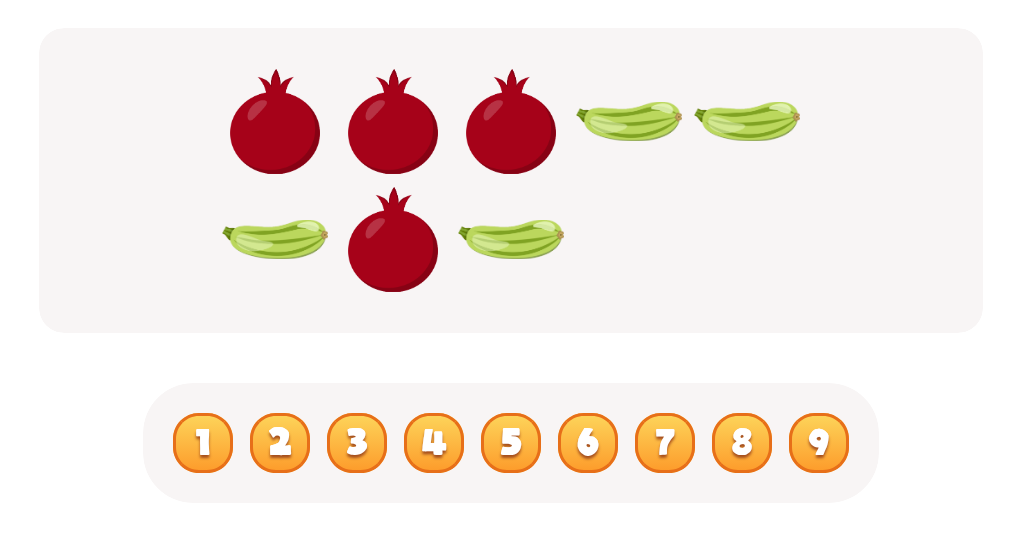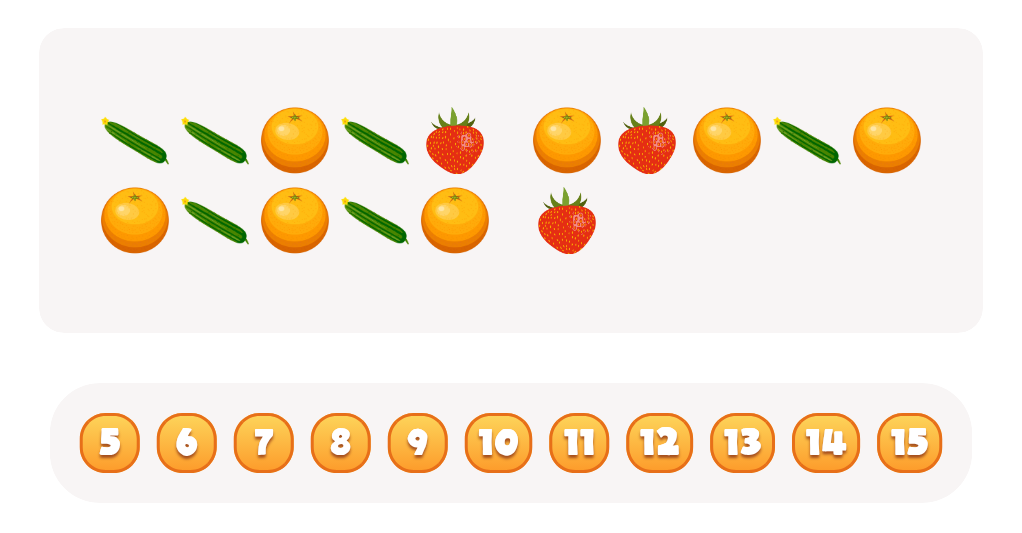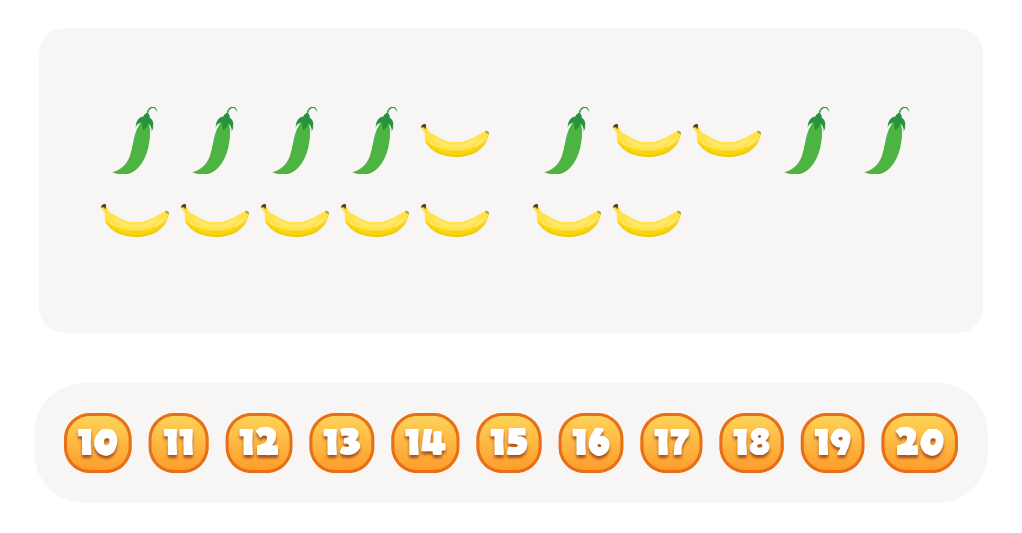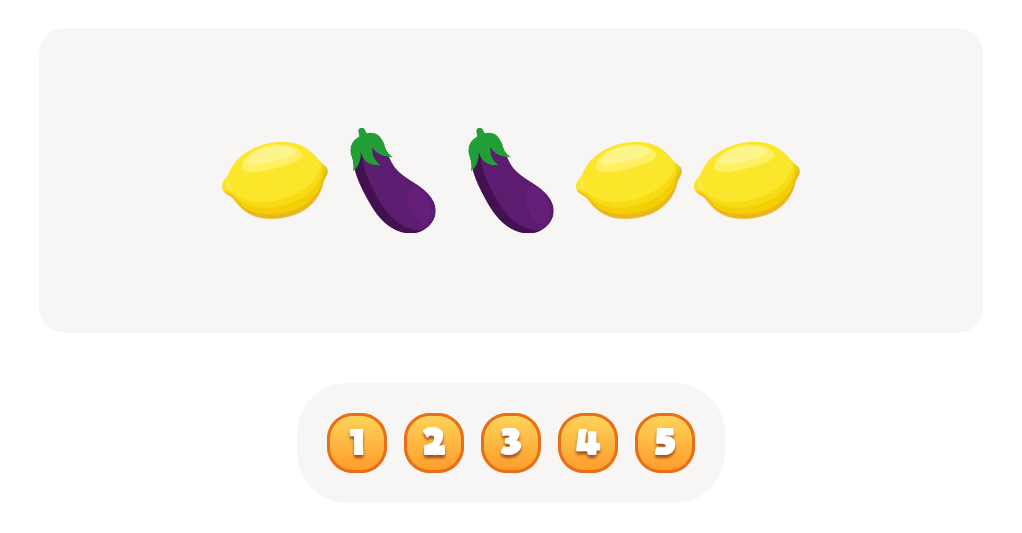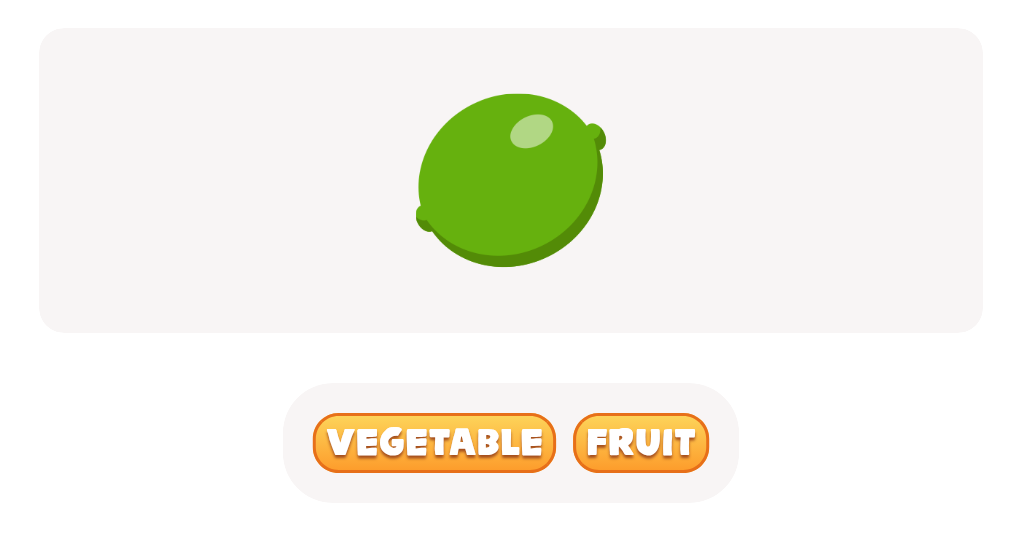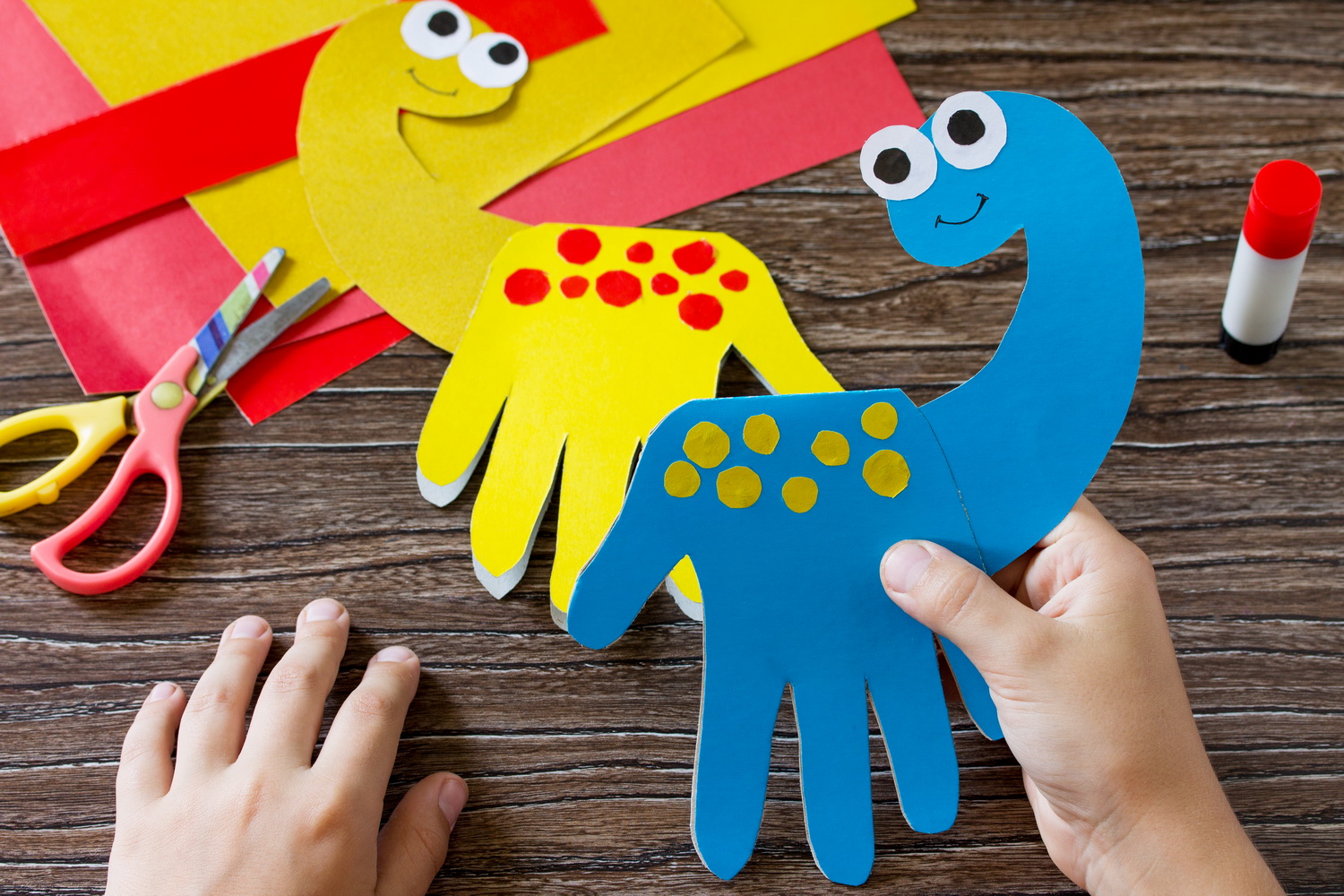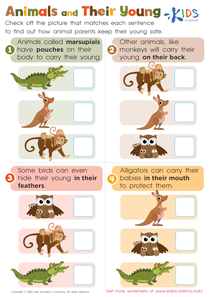Comprehension skills Normal Plants Worksheets for Ages 4-7
3 filtered results
-
From - To
Enhance your child's comprehension skills with our engaging Normal Plants Worksheets, designed specifically for ages 4-7. These worksheets provide a fun and interactive way to learn about the fascinating world of plants while developing critical reading and understanding abilities. Kids will explore essential topics, such as plant growth, parts of plants, and their environmental benefits through colorful visuals and age-appropriate activities. Each worksheet encourages children to think critically and express their findings clearly, making learning enjoyable and effective. Perfect for use at home or in the classroom, these worksheets lay a strong foundation for future academic success in science and literacy.
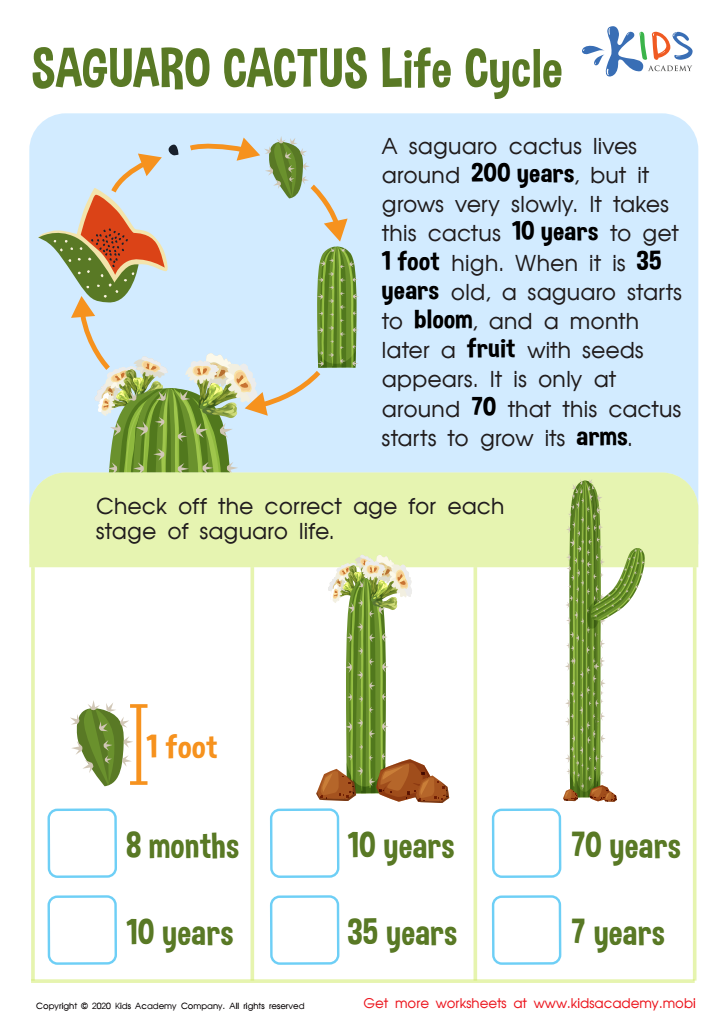

Saguaro Cactus Life Cycle Worksheet
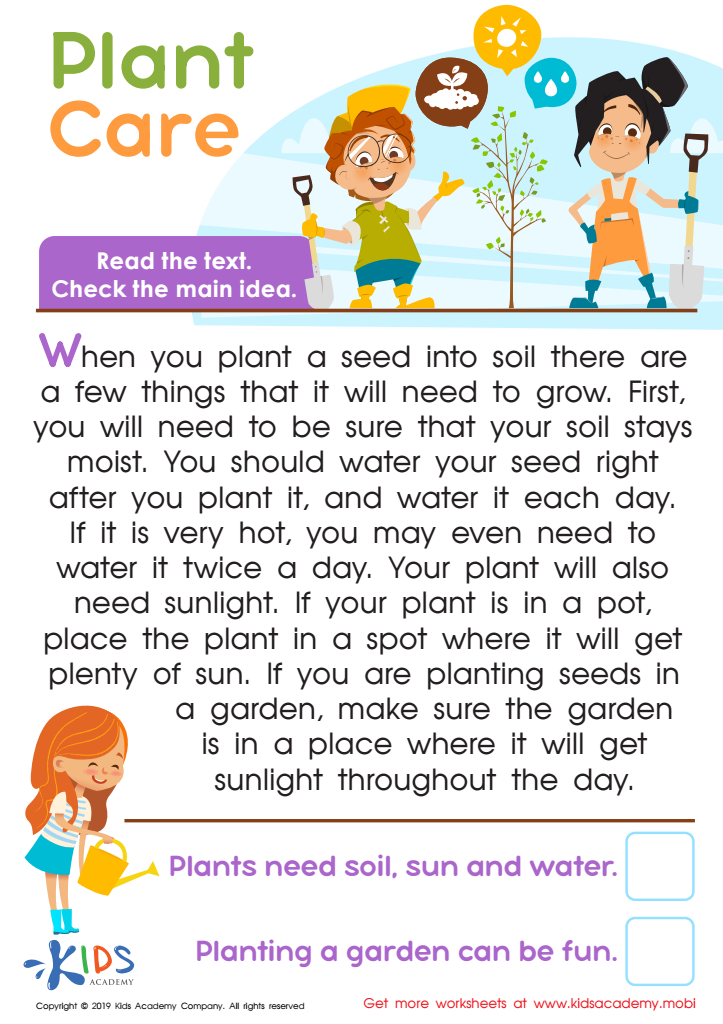

Plant Care Worksheet


What Do Plants Need to Grow Worksheet
Comprehension skills are vital for children aged 4-7, serving as a foundation for lifelong learning. At this early stage, children engage with various forms of text—stories, poems, and informational content about normal plants. Understanding what they read fosters curiosity and a love for learning. Parents and teachers should care about enhancing these skills because they directly impact a child's ability to understand their environment, including the natural world around them.
Normal plants, representing common flora, are an accessible topic that can be integrated into reading activities. When children can comprehend material about plants, it enhances their vocabulary and critical thinking—key skills that contribute to academic success. Furthermore, solid comprehension skills encourage creativity as children begin to make connections between texts and their everyday experiences, like observing plants in their environment or participating in gardening activities.
Moreover, fostering comprehension through reading about normal plants can promote discussions about ecology, health, and environmental stewardship. This integration of literacy with scientific understanding nourishes a holistic educational environment. Ultimately, by prioritizing comprehension skills, parents and teachers empower children to communicate, question, and explore, making them better equipped to navigate increasingly complex ideas as they grow.
 Assign to My Students
Assign to My Students
